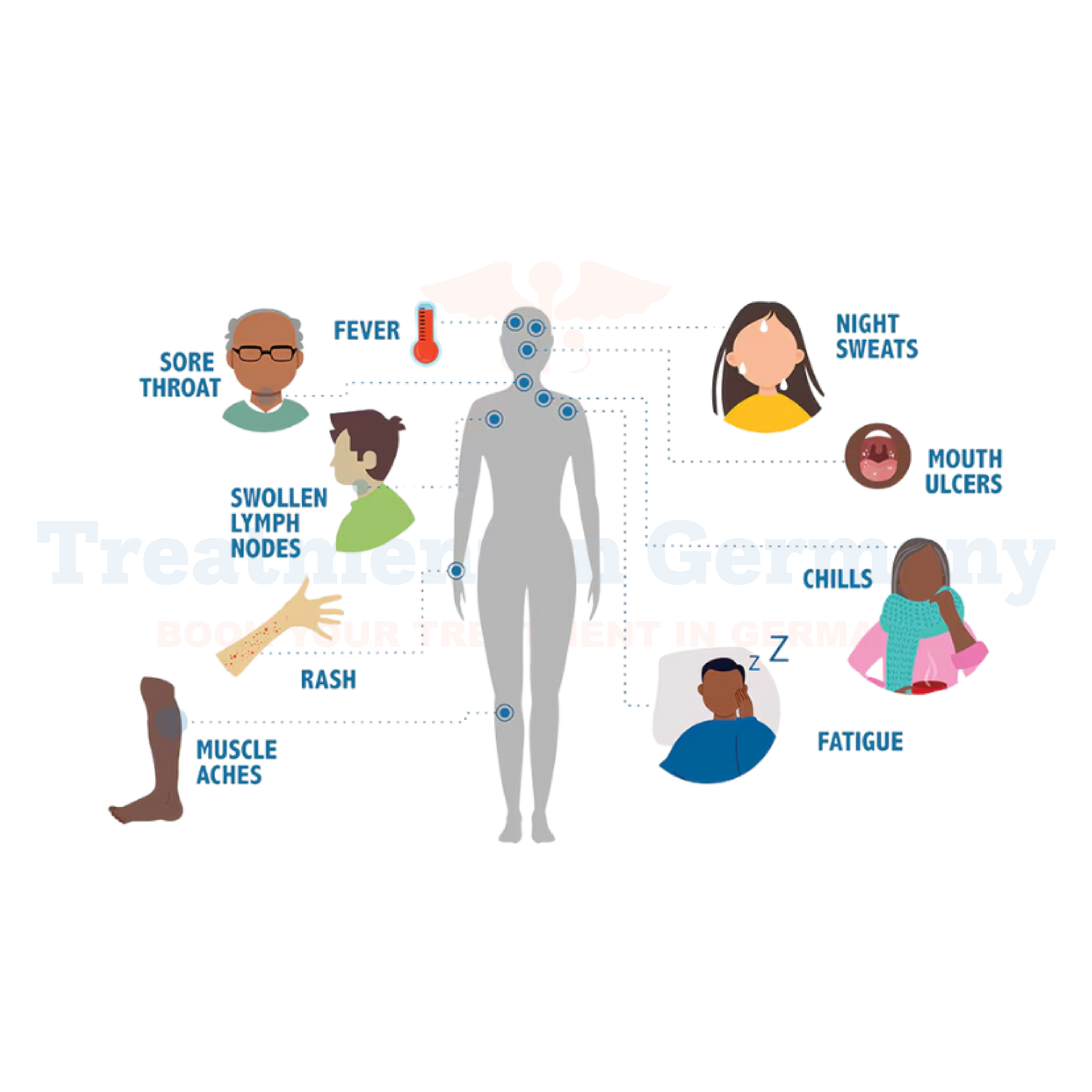What is HIV/AIDS?
HIV (Human Immunodeficiency Virus) is a virus that attacks the immune system, specifically the CD4 cells (T cells), which are crucial for fighting infections. If left untreated, HIV can lead to the disease AIDS (Acquired Immunodeficiency Syndrome).
HIV is transmitted through contact with certain body fluids of an infected person, such as blood, semen, vaginal fluids, rectal fluids, and breast milk.
Side Effects of HIV/AIDS
Living with HIV/AIDS can bring about various side effects, which may vary in severity and manifestation from person to person. Common side effects include:
Over time, if HIV progresses to AIDS due to untreated infection, individuals may experience more severe symptoms and opportunistic infections.
How is HIV/AIDS Diagnosed?
In Germany, HIV/AIDS diagnosis typically involves several steps:
It's crucial to undergo regular testing if you engage in behaviors that increase HIV risk, such as unprotected sex or sharing needles.
Potential Treatment of HIV/AIDS
Treatment of HIV/AIDS focuses on controlling the virus and preventing its progression to AIDS. In Germany, the standard of care involves:
👉 Contact us for further information and receive a complimentary consultation.


.webp)
 (1).webp)

.webp)
 (1).webp)


.webp)
 (1).webp)

.webp)
 (1).webp)
